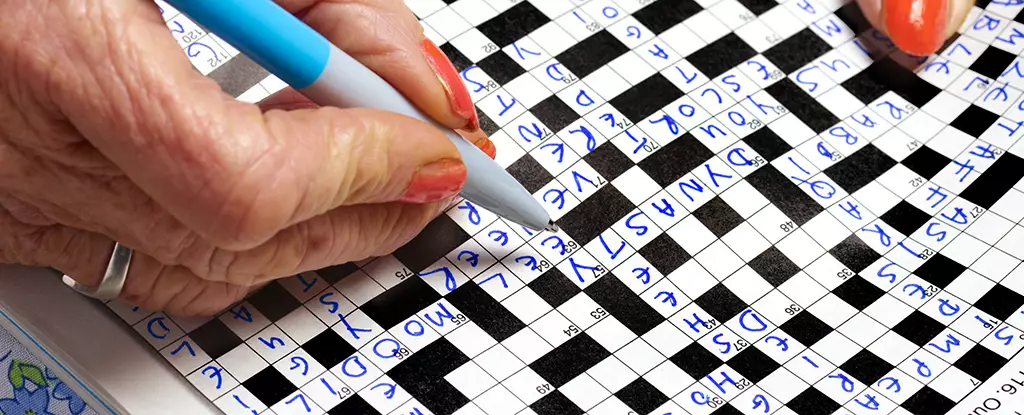As people grow older, maintaining cognitive health becomes a paramount concern. Recent research highlights that engaging in mentally stimulating activities—often referred to as cognitively stimulating leisure activities (CSLAs)—can play a crucial role in preserving cognitive functions in adults, particularly those experiencing mild cognitive impairment (MCI).
A comprehensive study conducted by a consortium of researchers from the University of Southern Mississippi, Texas A&M University, and Indiana University examined the cognitive trajectories of 5,932 individuals aged 50 and above who were diagnosed with MCI. This comprehensive investigation took place over an eight-year period and was part of a broader initiative called the Health and Retirement Study (HRS). Participants were assessed through phone interviews and self-reported surveys, focusing on their engagement in CSLAs—activities like reading, writing, and puzzles that require mental effort.
The participants were categorized based on their frequency of participation in these cognitive activities: low, mid, and high engagement. Remarkably, the findings revealed that individuals in the high engagement group exhibited significantly better cognitive functioning throughout the study compared to their peers in the mid and low groups. Junhyoung Kim, an associate professor of health behavior at Texas A&M, emphasized that these participants consistently maintained their cognitive abilities, which suggests a protective effect from their higher involvement in CSLAs.
The study’s results highlighted that individuals who engaged in CSLAs more than three times a week showed superior performance in cognitive tests measuring memory, attention, and processing speed. Although all groups showed a decline in cognitive abilities over time, the decline was notably less severe in the high engagement group. This correlation suggests that active mental engagement can potentially counteract cognitive decline, particularly in a demographic already identified as at risk for conditions like Alzheimer’s.
What becomes clear through this research is that the act of challenging the brain through engaging, thought-provoking tasks may bolster cognitive resilience as individuals age. While the study does not conclusively establish causality, it promotes the notion that maintaining a mentally active lifestyle could be a viable strategy for enhancing cognitive longevity.
The implications of such research are profound, particularly as the global population ages. With nearly six million people in the United States living with dementia—a figure expected to double by 2060—understanding how to mitigate the onset of cognitive decline has never been more critical. The findings underscore the importance of cultivating habits that promote brain health, not only as a preventive measure against cognitive decline but also as a means of improving the quality of life for aging populations.
Promoting a lifestyle rich in CSLAs could serve as a nonpharmacological intervention, offering a cost-effective strategy to enhance cognitive function. With minority populations projected to be disproportionately affected by dementia, tailored interventions that focus on engagement through culturally relevant activities may be essential in combating this growing health crisis.
As the research community continues to investigate the link between cognitive engagement and mental acuity, it’s crucial for health professionals and caregivers to recognize the value of CSLAs in daily routines. Encouraging older adults to incorporate activities like puzzles, reading clubs, and even competitive games can make a significant difference in their cognitive health.
While aging may bring inevitable changes to our cognitive capabilities, taking proactive steps to engage the mind can create a buffer against decline. By fostering a lifestyle that prioritizes mental challenges, we can equip ourselves and our communities with the tools necessary to enhance cognitive longevity. The journey towards maintaining cognitive vitality is not only about prevention but also about enriching the last chapters of our lives with clarity, engagement, and activity.


Leave a Reply